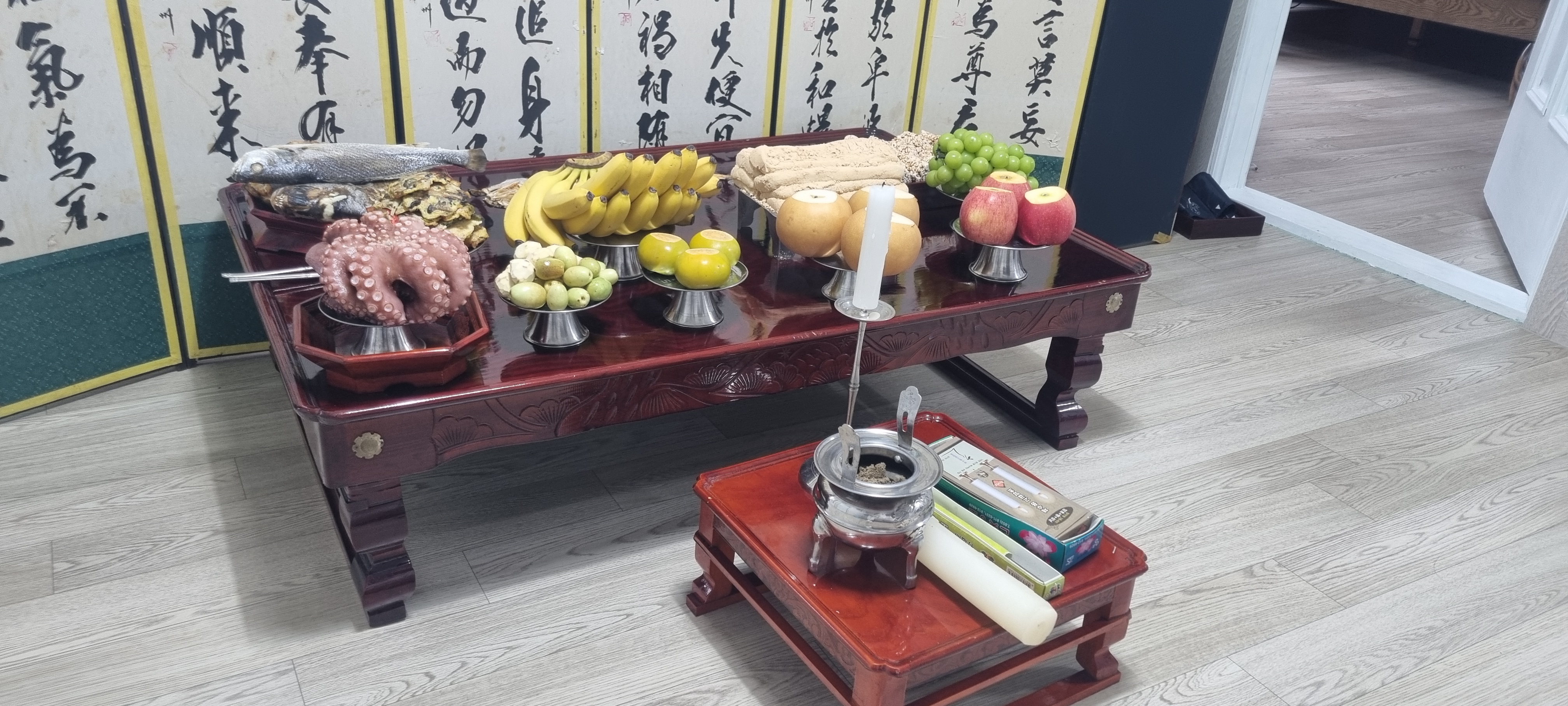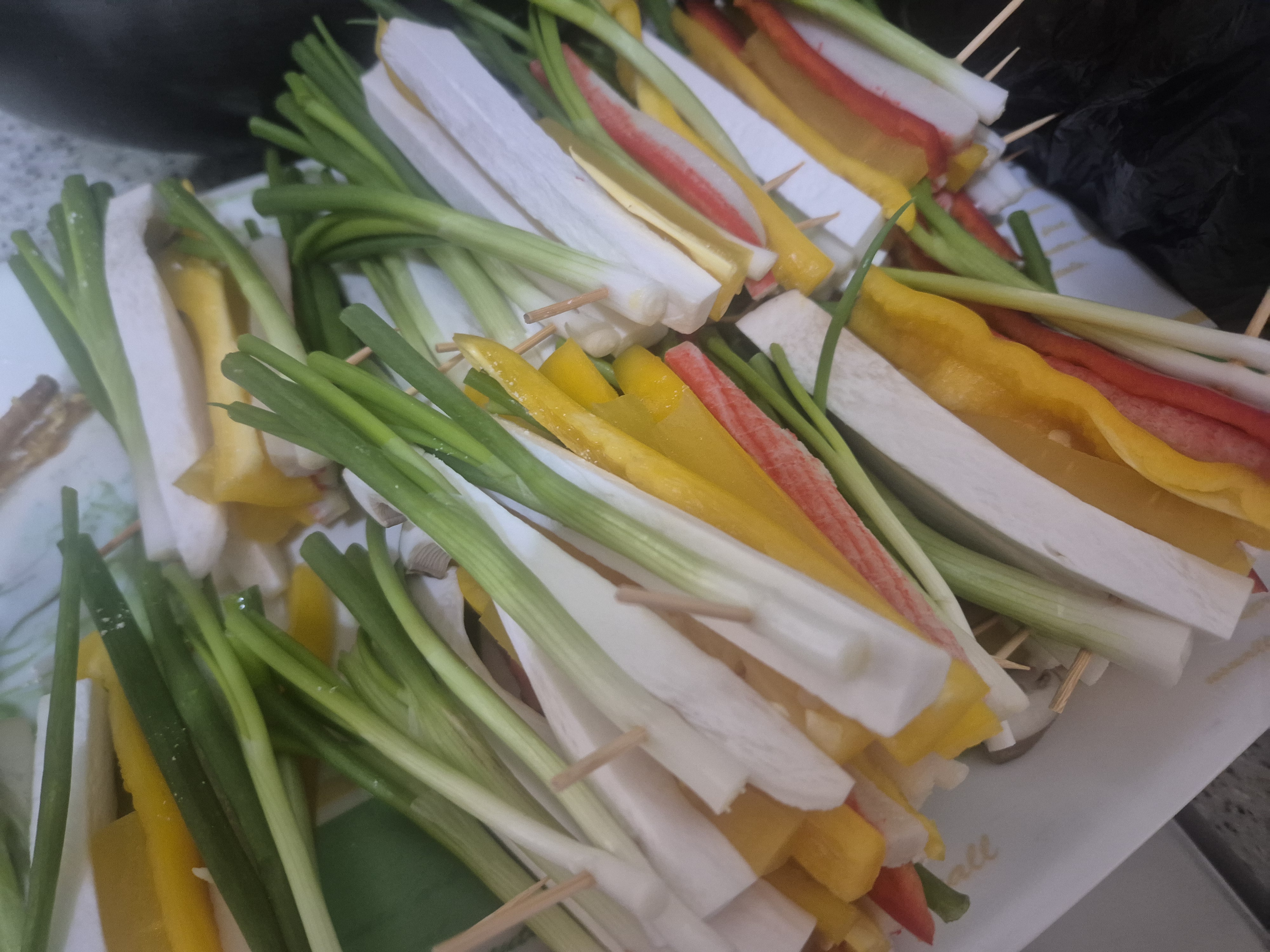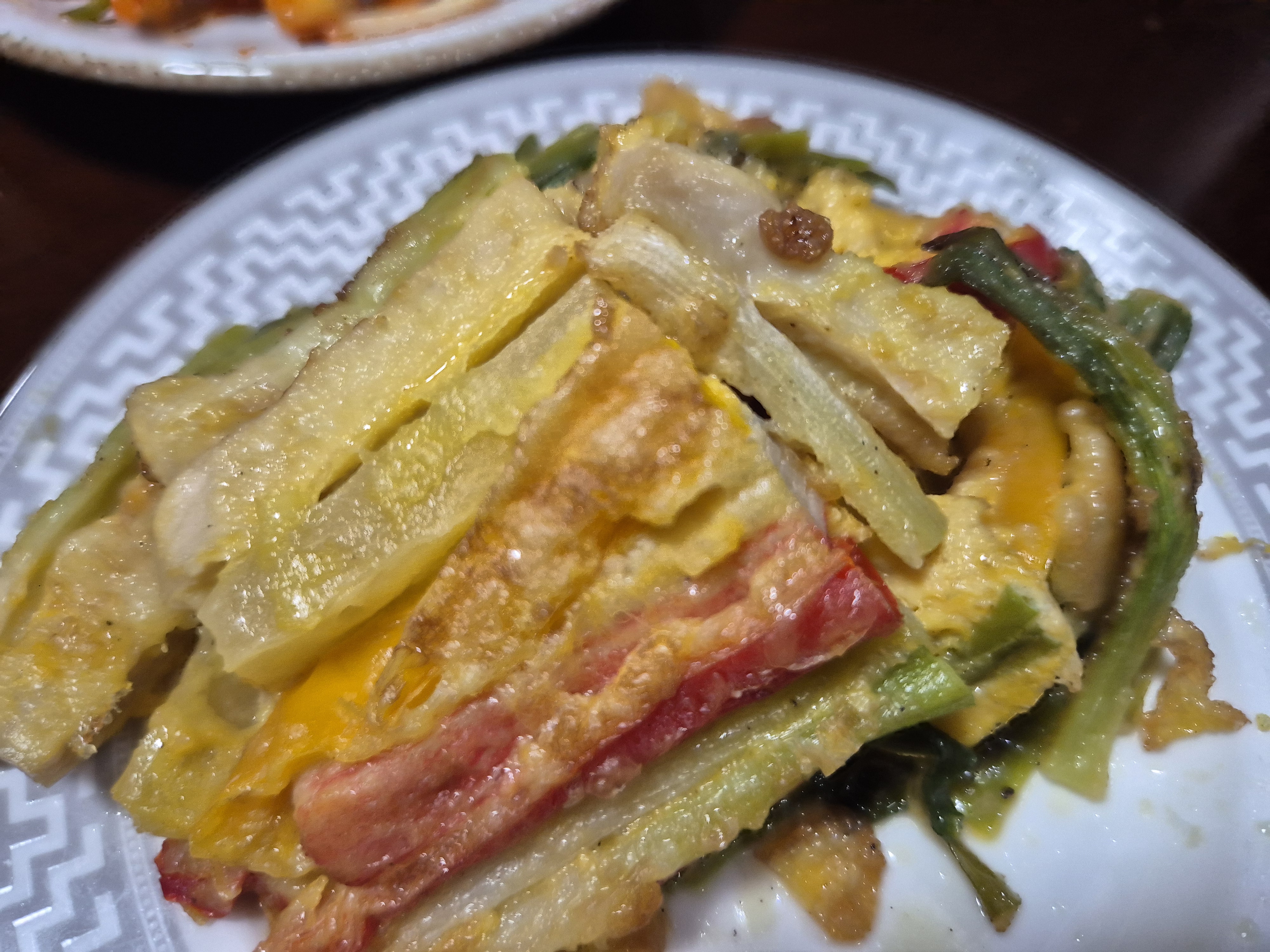| 일 | 월 | 화 | 수 | 목 | 금 | 토 |
|---|---|---|---|---|---|---|
| 1 | 2 | 3 | 4 | 5 | 6 | 7 |
| 8 | 9 | 10 | 11 | 12 | 13 | 14 |
| 15 | 16 | 17 | 18 | 19 | 20 | 21 |
| 22 | 23 | 24 | 25 | 26 | 27 | 28 |
| 29 | 30 | 31 |
- healthy korean recipes
- AsianVegetables
- Shih Tzu
- KoreanGrandmaCooking
- ShihTzuCare
- korean food culture
- final Charye
- ending tradition
- how to cook bracken
- KoreanFood
- ancestral prayer
- over-fertilization
- KoreanSideDish
- and grub worms destroyed her crop — yet she found hope and lessons for next year.
- shihtzulife
- Charye
- family story
- HealthyRecipes
- bracken safety
- perilla oil vegetables
- AuthenticKoreanFood
- namul
- Seoul Catholic Church
- A heartfelt story from a 70-year-old Korean farmer grandma about her failed sweet-potato harvest. Heavy rain
- ancestral rites
- gosari
- Korean Thanksgiving
- korean side dish
- CambodiaTravel
- Korean home cooking
- Today
- Total
Korean Grandma’s Cozy Life
🌕 Our Final Charye: How We Let Go of an Old Tradition with Gratitude and Love 본문
🌕 Our Final Charye: How We Let Go of an Old Tradition with Gratitude and Love
KoreanHalmeoni 2025. 10. 13. 16:09A heartfelt story of a Korean grandmother saying goodbye to a centuries-old ancestral ritual during Chuseok, the Korean harvest festival. Discover the meaning of Charye and how one family transformed tradition into a celebration of gratitude and togetherness.
Every autumn in Korea, families come together to celebrate Chuseok (추석) — a holiday often called Korean Thanksgiving. It’s a time to pause, give thanks for the harvest, and remember the ancestors who came before us. Homes fill with laughter, tables overflow with food, and families travel long distances to be together.
One of the most meaningful parts of Chuseok is something called Charye (차례) — an ancestral memorial rite. Families prepare a table filled with traditional foods, bow before their ancestors, and offer prayers for peace and blessings. It’s not a religious ceremony, but an expression of love, respect, and gratitude that has been passed down for centuries.
For as long as I can remember, I have prepared that table.
But this year… was different.

🕯️ A Decision That Took Years to Make
I’m now in my seventies, and each passing year reminds me that time changes everything — including me.
The cooking, the cleaning, the hours on my feet — things that once felt natural now leave me exhausted. And I could see that this heavy tradition was becoming a burden not just for me, but for my children too.
After many heartfelt conversations, we decided something I never imagined:
👉 This Chuseok, we would perform our final Charye.
We didn’t come to this decision lightly. For generations, Charye has been a thread connecting our family to those who came before us. But we realized something important: our ancestors, whom we’ve honored all these years, would want us to live with peace, not exhaustion — with sincerity, not obligation.
So we decided to let go — but gently, respectfully. We would hold one last ceremony and offer a final prayer to wish away any storms in our family’s path.
📜 The Final Prayer I Wrote Myself
For the first time in my life, I wrote the prayer — trembling as I held the brush, words rising from my heart rather than from any book:
“Honorable ancestors, we thank you deeply for watching over us through the years.
As time and life have changed, we offer this final Charye today.
Though the form will end, our sincerity will remain unchanged.
We will honor you with gratitude in our daily lives, not only on special days.
Please accept this decision and keep our family safe from life’s storms.”
I could barely finish reading. My voice shook. Tears welled up.
It felt like saying goodbye to a dear friend — not with sadness, but with deep gratitude and peace. And in that moment, I knew: we were not abandoning tradition. We were planting it deeper in our everyday lives.

🍲 A New Table, A New Kind of Togetherness
When the final Charye was over, we cleared the ceremonial table.
And then, I set another one — not for the ancestors, but for the living.
Every dish I prepared that day was not an offering, but a gift for the people gathered around me.
It was my way of saying, “We are still family. We are still grateful.”
- 🍖 Galbijjim — braised short ribs, tender and rich with love
- 🍜 Japchae — sweet potato noodles mixed with vegetables and sincerity
- 🥬 Crispy pancakes, fried by hand, warm and comforting like home
We ate slowly, telling stories and laughing together. And I realized this — maybe this is what Charye was always meant to lead us to: a table where the living gather in gratitude, carrying the memory of the past into the present.









🪔 Tradition Doesn’t Die — It Grows With Us
Some people think ending Charye means forgetting the ancestors. But I believe the opposite is true.
We still remember them — maybe even more deeply now.
We speak their names in our stories. We give thanks for their sacrifices in our prayers. And we try to live with the values they taught us.
“We didn’t abandon tradition. We simply let it grow with us.”
This Chuseok, we said farewell to an old ritual — and welcomed a new chapter of gratitude and love.
The form has ended, but the heart of it will continue, every single day.




